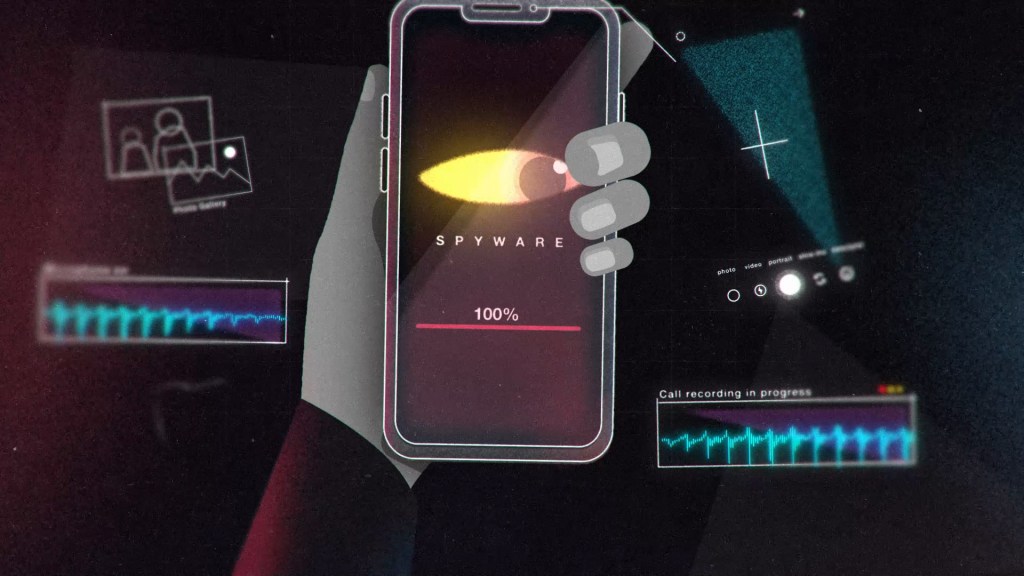New York, October 13, 2022 — The development of high-tech “zero-click” spyware – the kind that takes over phones without a user’s knowledge – has had a chilling impact on press freedom, finds a new special report released today by the Committee to Protect Journalists (CPJ). The report, Zero-Click Spyware: Enemy of the Press, found the mere threat of surveillance by spyware severely hinders journalists’ ability to do their jobs, and its use puts them at risk of increased harassment, violence, and sometimes precedes imprisonment.
Sophisticated surveillance technology, such as NSO Group’s Pegasus software, goes undetected as it infiltrates the devices of journalists, allowing the perpetrators to access phone calls, photos, emails, and messages — even ones sent via encrypted services like Signal. CPJ’s report, which includes interviews with reporters, tech experts, and press freedom advocates in multiple countries, includes first-hand accounts from journalists on how the disclosures have affected their work since they were named as possible surveillance targets in the revelatory 2021 Pegasus Project report. In reports from Hungary to India, Mexico to Morocco, journalists told CPJ that the simple prospect of spyware made it harder to conduct meetings, interact with sources, report on sensitive topics, and communicate with loved ones.
“Spyware technology poses an existential challenge for journalism. This insidious technology compromises editorial planning and can dissuade journalists from reporting on critical stories or discourage would-be sources from coming forward, carving a hole into the very fabric of journalism — the ability to report freely and safely,” said Gypsy Guillén Kaiser, CPJ’s advocacy and communications director. “Spyware brings another layer of risk to reporting that extends to the personal sphere when journalists’ families and associates are also targeted. Legislators everywhere must swiftly act to curtail the threats posed by this technology and hold perpetrators of illicit spyware use to account.”
The spyware industry’s lack of regulation makes it nearly impossible to prevent or even discourage the abuse of the technology and provides limited options for accountability or justice. In its report, CPJ puts forward a list of comprehensive policy recommendations to combat the arbitrary or unlawful deployment of spyware, including an immediate moratorium on the development, sale, and use of spyware technologies until governments have enacted robust regulations in line with international human rights standards.
CPJ calls for export control listings and targeted sanctions to be enacted against those who have spied on journalists and the barring of all government agencies known to attack press freedom or lacking regulatory resources to purchase spyware. Critically, all governments should join the Export Controls and Human Rights Initiative to build consensus for global regulatory action.
The report also includes an opinion column by David Kaye, a former U.N. Special Rapporteur on the promotion and protection of the right to freedom of opinion and expression, on what he recommends global leaders should do to stop the abuse of spyware.
For more information or to arrange interviews with CPJ experts, contact press@cpj.org. The overview of the report is also available in Spanish and the country case studies in their respective languages.
